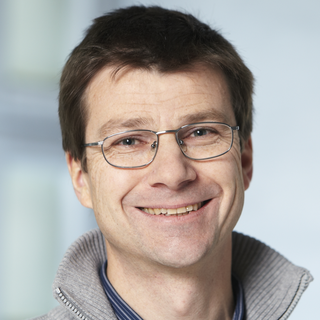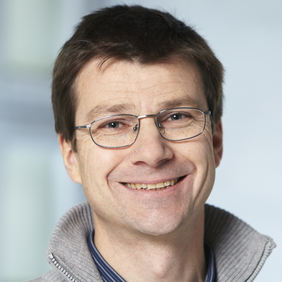Physics Colloquium on "Fundamental interactions and slow particles " (9-Dec-2019)
09.12.2019by Prof. Dr. Klaus Stefan Kirch, Head of Laboratory for Particle Physics, Paul Scherrer Institut, Villigen, Switzerland

Abstract:
Precision physics experiments at low energies test our understanding of the fundamental interactions and underlying symmetries. I will discuss examples of measurements with muons and neutrons tackling aspects of fundamental constants, interactions and symmetries. PSI is home to the strongest sources of low momentum pions, muons and ultracold neutrons. Positive muons and their decays determine the charged weak interaction and tightly constrain physics beyond the Standard Model (SM) of particle physics. With electrons, they form hydrogen-like muonium atoms allowing tests of QED and studying the gravitational interaction of antimatter. Negatively charged muons can replace electrons to form muonic atoms. They can be used to measure nuclear charge radii, e.g., of the proton and deuteron but essentially throughout the nuclear chart. Permanent electric dipole moments of neutrons or muons would violate time reversal symmetry and signal CP violation beyond the SM and are among the top priorities of fundamental particle physics.
Monday, 9 December 2019
Time: 5:15 pm
Lecture Hall P, Hubland Süd, Physikalisches Institut
Link zu PHYSIKALISCHES KOLLOQUIUM



